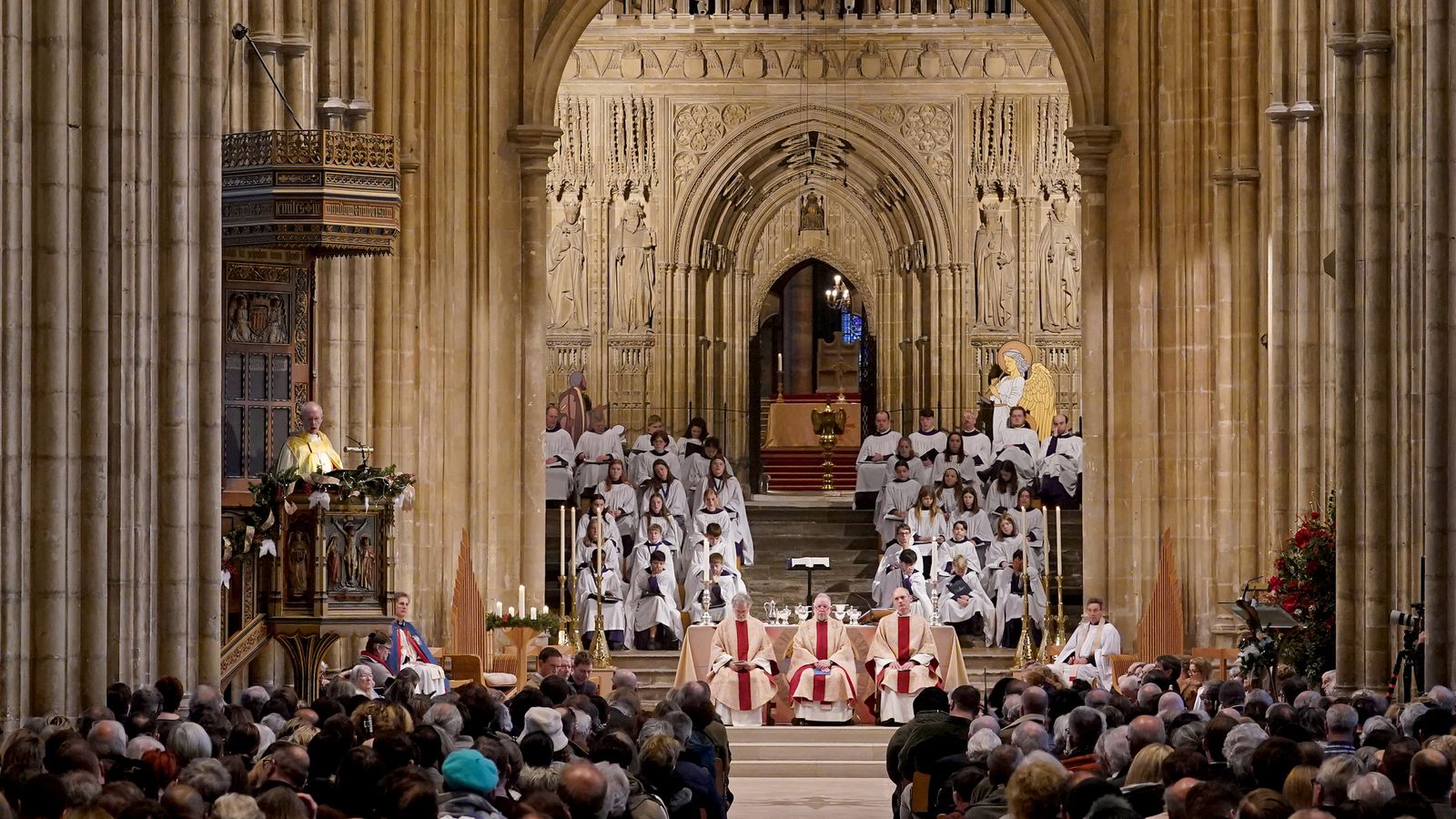U.K News
Church of England to increase oversight of abuse complaints – but safeguarding won’t be fully independent

A Missed Opportunity for the Church of England: The Safeguarding Vote and Its Implications
Introduction: A Context of Scandal and the Need for Reform
The Church of England’s General Synod recently voted to enhance oversight of abuse complaints, yet stopped short of establishing an independent safeguarding body, a decision met with significant disappointment from survivors and advocates. This vote comes in the wake of high-profile scandals, including the resignation of Archbishop Justin Welby, who faced criticism for his handling of abuse cases. The Church, aiming to restore trust, has instead been accused of a "fudge" that may exacerbate rather than alleviate Survivor concerns.
The Vote and the New Safeguarding Model: A Balance Between Change and Tradition
The General Synod’s decision reshapes safeguarding structures by moving most national staff to an external body while keeping local roles within Church governance. This model, supported by 392 votes, reflects a cautious approach, balancing external expertise with internal oversight. Critics argue this compromise maintains Church control over processes, potentially undermining the independence crucial for genuine accountability.
Survivor Reactions: Disappointment and a Feeling of Betrayal
Survivors and advocates have expressed profound disappointment, feeling the decision disregards their pleas for independence. Figures like Will Harwood and Andrew Graystone emphasize the emotional impact, with Harwood noting a perceived lack of urgency from Church leadership. Survivors feel unheard and let down, their trust further eroded by the Church’s reluctance to embrace full external oversight.
Implications of the Decision: Perceived Arrogance and Lack of Accountability
The vote has been interpreted as a resistance to external scrutiny, retaining significant control over safeguarding within Church structures. Critics argue this preserves a system where bishops oversee complaints against their own clergy, raising concerns about accountability. This decision may deepen perceptions of arrogance and undermine efforts to rebuild trust with survivors.
The Need for Cultural Change: Beyond Structural Adjustments
While structural reforms are necessary, many argue that cultural transformation within the Church is equally crucial. Survivors stress the importance of a shift in mindset, prioritizing transparency and empathy over self-preservation. Without such change, even well-intentioned reforms may fail to address the root causes of safeguarding failures.
Conclusion: Looking Ahead with Caution and Hope
The Synod’s decision presents a mixed picture, offering some reforms while maintaining significant Church influence. Survivors and advocates hope for future steps towards independence and transparency, emphasizing the need for ongoing pressure to ensure accountability. The Church’s path forward requires not only structural change but a profound cultural shift to truly honor Survivor experiences and rebuild trust.